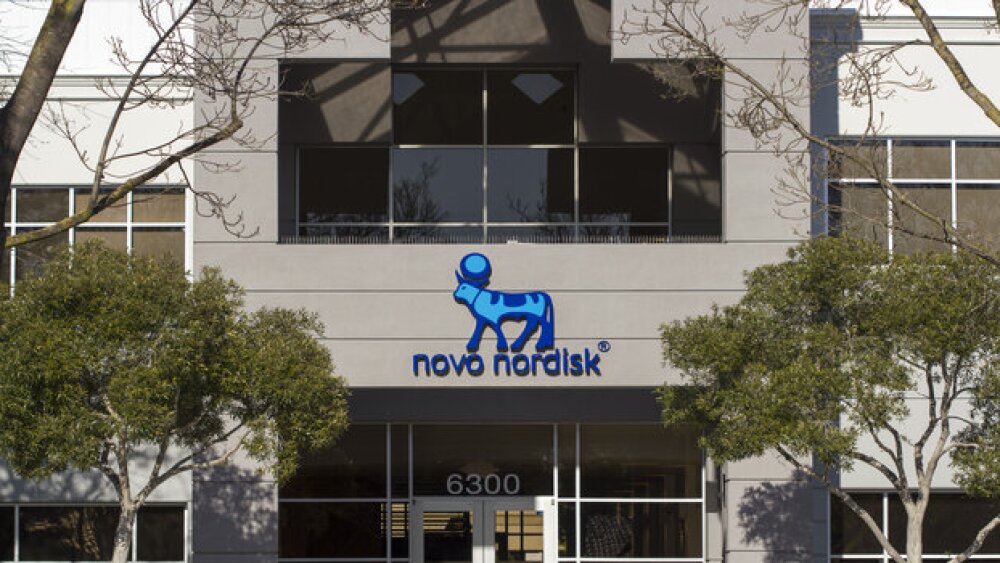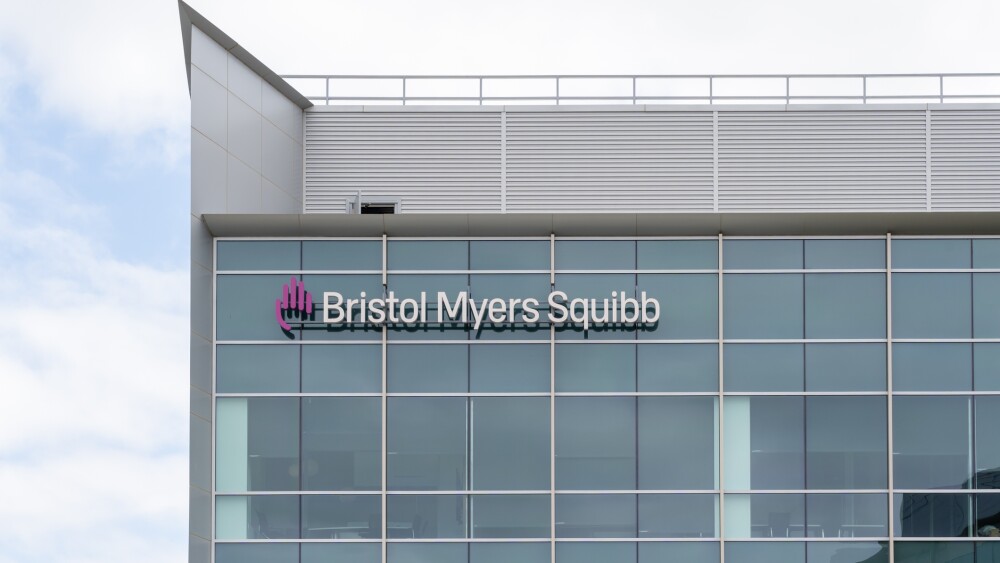Siamab Therapeutics, Inc. today announced the publication of positive preclinical data for its ST1 antibody drug conjugate (ADC) in multiple models of ovarian cancer.
“The published data continue to validate the potential for a STn-targeted therapy in treating ovarian cancer, which today has limited effective treatment options and poor long-term survival,” said Jeff Behrens, president and chief executive officer of Siamab. “Our growing body of preclinical evidence with the ST1 program highlights a strong activity profile across a range of ovarian cancer models.”
Bo Rueda, Ph.D., director of The Vincent Center for Reproductive Biology at Massachusetts General Hospital, and the principal investigator of studies described in the paper said, “This new paper includes important recent murine patient derived xenograft (PDX) findings that show that the compound is both effective in multiple PDX models and well-tolerated with no target-related toxicities. The known specificity of STn for malignant tissue in combination with the high affinity and STn-specific selectivity of the humanized ST1 antibody therapeutic provide a compelling rationale to evaluate ST1-ADC in patients with STn-expressing ovarian tumors.”
In the paper titled, “Humanized anti-sialyl-Tn antibodies for the treatment of ovarian carcinoma,” Siamab researchers and collaborators report findings that show Siamab’s humanized anti-STn ADC demonstrated in vitro cytotoxicity specific to STn-expressing ovarian cancer cell lines and inhibited tumor growth in vivo in both cell line- and PDX ovarian cancer mouse models. No significant weight loss or other gross clinical changes were observed for any of the treatment groups in these models, indicating the therapy was well tolerated by all groups.
The paper also describes additional data from a pilot toxicity study in nonhuman primates (NHP) that demonstrates that Siamab’s humanized anti-STn ADC has a favorable safety and pharmacokinetic profile. There were only mild monomethyl auristatin E (MMAE)-class related hematological effects with none being attributed to the targeting of STn. Dose concentrations in the NHP toxicity study were 12 times higher than concentrations used in preclinical mouse models where anti-tumor activity was observed. No weight loss or deaths occurred in the pilot toxicity study. A histopathology review of all major organs showed no observations linked to STn target-associated toxicity.
Ovarian cancer is the most deadly gynecologic cancer in the United States. Despite surgical debulking and chemotherapy, the five-year survival rate remains below 50%. Ovarian cancer has few common targetable mutations, amplifications and/or deletions. The identification of additional alterations in ovarian cancer is key to developing effective, targeted therapies.
Glycosylation of proteins is one of the most abundant and diverse post-translational modifications, with more than half of all human proteins estimated to be glycosylated.1 Targeting an altered glycosylation pattern specific to tumor cells may offer significant anti-cancer benefit.
STn is expressed on a significant number of ovarian cancers, including the well-known ovarian cancer biomarkers CA-125 (MUC16) and MUC1, and is rarely present on normal tissue, which makes it a favorable target for therapeutic intervention in ovarian cancer.2,3 Elevated serum levels of STn occur in the majority of ovarian cancer patients and correlate with lower progression-free survival and overall five-year survival rates.4
About Siamab Therapeutics, Inc.
Siamab Therapeutics, Inc. is a biopharmaceutical company developing novel cancer therapeutics targeting cancer-specific carbohydrate antigens seen on multiple solid tumors. Siamab’s proprietary platform enables the rapid discovery and development of therapeutic antibodies that bind with unprecedented specificity and affinity to the novel class of carbohydrate antigens present on cancer cells called tumor-associated carbohydrate antigens (TACAs). TACAs are exciting cancer targets due to their cancer specificity, association with a chemoresistant phenotype, and ability to suppress immune function in solid tumors. The company’s lead program, ST1, targets Sialyl-Tn (STn), a tumor specific antigen expressed on multiple solid tumors including ovarian, gastric, colon, prostate, pancreatic and lung cancers. ST1 is in late-stage preclinical studies for the treatment of solid tumors. Visit www.siamab.com to learn more about the company.
References
1. Christiansen, M. N., Chik, J., Lee, L., Anugraham, M. & Abrahams, J. L. Cell surface protein glycosylation in cancer. Proteomics Dec 12, 1-46 (2013).
2. Akita, K. et al. Different levels of sialyl-Tn antigen expressed on MUC16 in patients with endometriosis and ovarian cancer. Int. J. Gynecol. Cancer 22, 531-8 (2012).
3. Tarp, M. A. et al. Identification of a novel cancer-specific immunodominant glycopeptide epitope in the MUC1 tandem repeat. Glycobiology 17, 197-209 (2007).
4. Kobayashi, H., Terao, T., & Kawashima, Y. Clinical evaluation of circulating serum sialyl Tn antigen levels in patients with epithelial ovarian cancer. J. Clin. Oncol. 9, 983-7 (1991).
View source version on businesswire.com: https://www.businesswire.com/news/home/20180727005352/en/
Contacts
Corporate Contact:
Siamab Therapeutics
Jenna Stein, 857-222-5817
jenna@siamab.com
or
Media Contact:
Rozen Communications
Michele Rozen, 617-730-8284
michele@rozencommunications.com
Source: Siamab Therapeutics, Inc.





